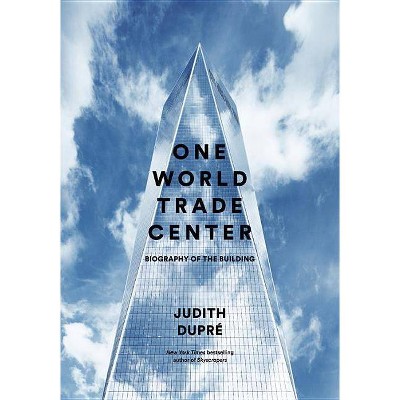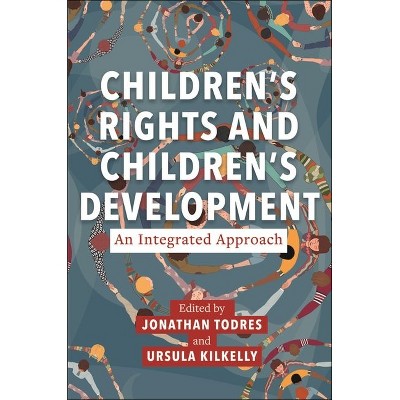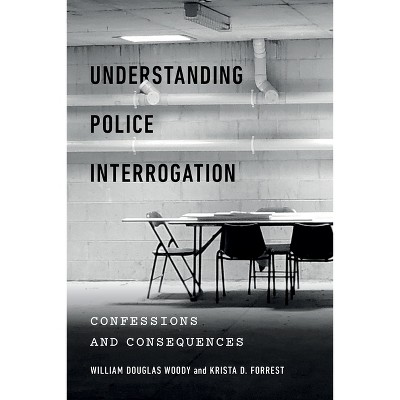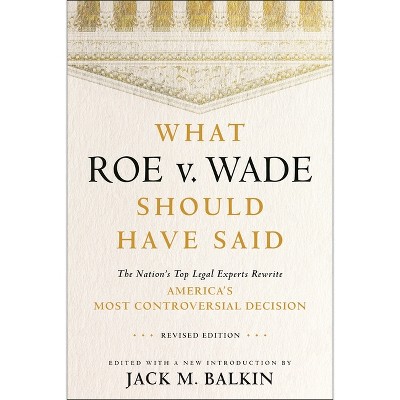Sponsored

The Rights of Groups - by Lawrence Rosen (Hardcover)
In Stock
Sponsored
About this item
Highlights
- Argues that a refined concept of culture can be used by American courts to better analyze cases that cover the sense of community.
- About the Author: Lawrence Rosen is the Cromwell Professor of Anthropology Emeritus at Princeton University and Adjunct Professor of Law Emeritus at Columbia University.
- 160 Pages
- Freedom + Security / Law Enforcement, Indigenous Peoples
Description
About the Book
"Viewed through the lens of cultural theory, the concept of community that is vital to Americans' self-image is explored in a number of social and legal contexts, including recent decisions about abortion, Native rights, university investments, and the ownership of cultural property"--Book Synopsis
Argues that a refined concept of culture can be used by American courts to better analyze cases that cover the sense of community.
Supreme Court Justices frequently justify their opinions in terms of the traditions and customs of a community. Yet, the rights and interests of entities that fit neither with the state nor the individual are treated as fluid and subjective, often existing without clarity in the current legal framework. The Rights of Groups focuses on a series of specific examples to argue that a more refined concept of culture than has been employed by American courts could offer better ways to analyze a broad range of cases that employ the notion of community. Through an original reading of the Ninth Amendment, Lawrence Rosen illustrates how a constitutional consideration for group protections might be applied to decisions arising before the Supreme Court, including the decision to overturn Roe v. Wade. Similarly, in other chapters, Rosen shows how a revised theory of culture can change the concepts--including those of "community"--that courts currently apply, whether it is the application of indigenous concepts of value to revise the statutes governing intellectual property, the importance to native peoples that burial remains be returned to the group, the role a community can play in the responsibilities attendant on the prudent investor rule, the cultural organization of Western states' water resources, or the implementation of a new basis for group defamation suits. The book thus concludes with a call for a more sophisticated concept of culture that can sharpen our usage of the legitimate rights and interests of those entities that fit neither with the state nor the individual.Review Quotes
"Rosen delivers an insightful analysis of how the Supreme Court should understand community when determining the rights of groups."-- "CHOICE"
"
Bringing to bear stellar expertise both in anthropology and law, Lawrence Rosen deftly guides
his readership through wide-ranging case studies persuasively showing how US law can benefit
from greater theoretical sophistication regarding concepts like 'community' or 'culture.' Rosen's
argument must appeal to all jurists committed to a deep understanding of law. As a
comparativist, I rejoice that someone of Rosen's intellectual standing should compellingly
address such challenging words as 'community' and 'culture.' These insights will stand me in
excellent stead in the classroom.
"
Concise yet rich in insight, The Rights of Groups is a continuation of an exemplary academic
career. Rosen's analyses here vindicate anthropology's significant importance for understanding
and confronting the present and future. He harnesses the central concepts of anthropology to
illuminate contemporary jurisprudence from a view external to it. He then enters jurisprudential
analysis clarifying how a term like community can have analytic teeth. For Rosen, community is
not merely an add on after policy or case judgments are completed. In the 1980's, the legal
academy had as one significant thread a demand to "take rights seriously." The point was that
rights' talk was honored only verbally and not materially. Rosen's call here is to take culture
seriously in jurisprudence itself.
About the Author
Lawrence Rosen is the Cromwell Professor of Anthropology Emeritus at Princeton University and Adjunct Professor of Law Emeritus at Columbia University. He has authored more than a dozen books, including Law as Culture, The Justice of Islam, and Legitimacy in Crisis.
















